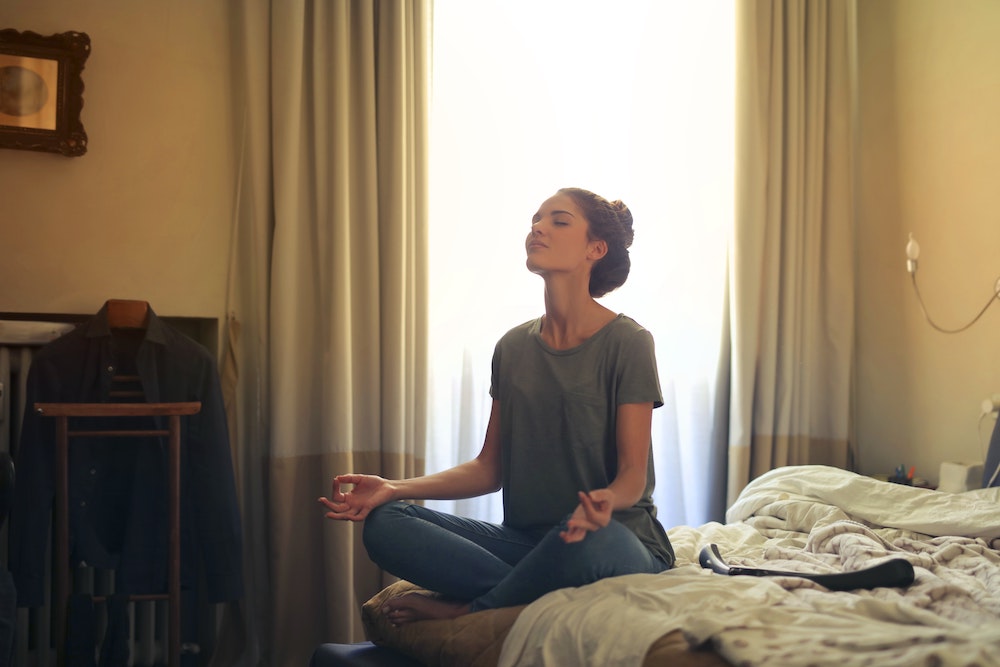
Taking care of your mental health during COVID-19
Social or physical distancing – its the most frequently used term these days eh!
Change and uncertainty can lead to us experiencing stress, sadness and in some cases serious struggles with our mental health. Without that everyday contact – seeing your fellow classmates, college friends, close friends, family, or co-workers, life or study can be really challenging. You may even see mood or attitude change in yourself or others because of this… it’s a struggle, but being aware of your mental wellbeing and self-care can really help with this!
Let’s face it, as a human, adapting to new situations isn’t something we’re new to, we’ve all been through different things and we’re all quite resilient, but that’s not to say its always easy. This blog will explore a few tips on how you can stay connected and take care of your mental health in challenging times! #YouveGotThis #AllInThisTogether
Move, move, move
Moving your body is good for you physically and mentally! Use your one hour of exercise time wisely – try and get out of the house (if you can) – go for a run, a walk a skip, whatever it is, a change in scenery will reinvigorate you! It will help alleviate stress, anxiety and can reduce depression. Feeling anxious or down can get stuck in a negative rut, spending time in the sun and outdoors can help kick this feeling! So get out and get active!
If you can’t get out – you should still try and move as much as possible look up a class online, YouTube, on Instagram wherever. If you have a garden – sit outside to have your break and stretch, or if not take a quick walk around your home with your arms above your head letting in as much air into your lungs as possible!
Do what works for you, but the goal should be to increase your endorphin level, the chemical that makes you feel better — trust me, it will release some of the tension!
Remember when you are out exercising you still have to keep a safe physical distance from others – the last thing you want to do is get sick OR to make someone else sick!
AND – if you have symptoms, please don’t exercise outdoors, you should be in isolation and you should speak with your GP about getting tested.
Stay Connected
You’ve probably heard us say this a fair few times now… we’re not preaching I promise, we just want you to know you’re never alone!
Even though you can’t catch up with your pals for lunch or a drink right now doesn’t mean you need to miss those important people in your life!
Give your fave’s a phone a call or a facetime, organise a virtual get-together, write emails or get old school and send a real letter (your grandma would love this), join online communities and most importantly reach out for support when you need it!
Don’t forget to stay in virtual contact with your professors, lecturers, and classmates. Keeping connected will help you fight loneliness, feeling overwhelmed and can also help you keep on track with your studies and commitments!
Eat well
Mental well-being can be really influenced by eating the right foods and its really important for your body! Try and make sure the choices you’re making are nutritious and full of the energy you need.
- Fatty fish – can lower levels of depression
- B-6 aka Bananas – help to produce serotonin and dopamine
- Whole grains – are important sources of B vitamins, nutrients vital for brain health
- Fruit – quench your sweet tooth and does up in vitamins, minerals, and micronutrients
Practice Mindfulness
Breathing, yoga, and meditation can seriously help reduce stress! By using gentle movements and breathing techniques you can relax your mind and your muscles – enhancing your mindfulness which can help you manage stress! If you’re unsure as to where to start I like the Headspace app.
For the A-Z of UNE support services, check out this blog.
If difficult circumstances are affecting your study, you can contact the team at Advocacy & Welfare for assistance advocacy@une.edu.au (02) 6773 3116.
You’re never alone at UNE.


